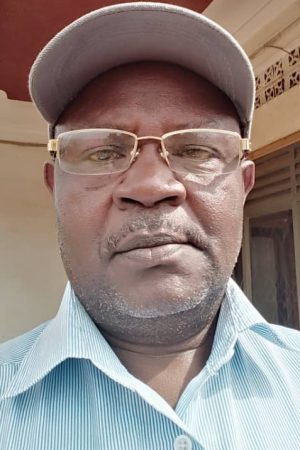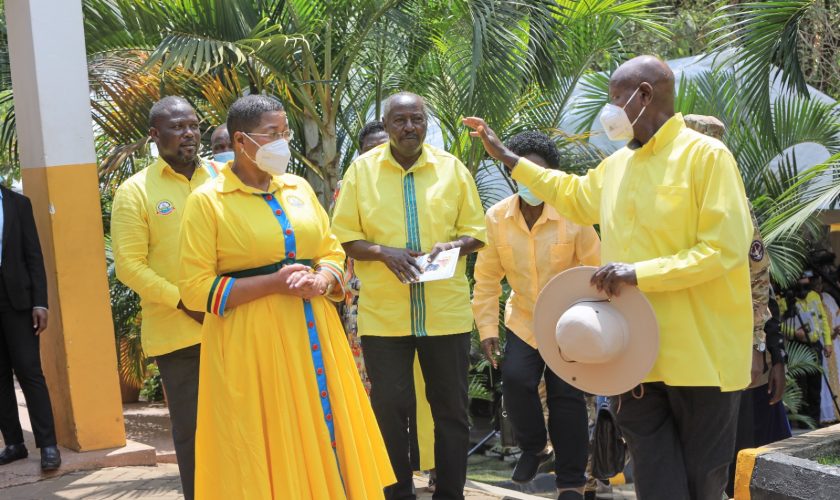By Juma Nsubuga
President Yoweri Museveni who is the NRM National Chairman has described the late Hon. Aleper Simon Peter as a martyr who died while fighting for the development of Karamoja region.
Aleper who died in an accident along Mbale-Iganga highway has been serving as the NRM Vice Chairman for Karamoja region.
President Museveni said that Aleper had to travel very late in night due to the many responsibilities he had to attend to for the good of his community.
“He tirelessly advocated for the unity and sensitization of his people to welcome investors who are now employing many youth in factories,” Museveni said.
The President said, “When Indian investors wanted to set up a factory producing cement, local leaders wanted to sell to them land, and the Indians were not willing to buy, together with Hon. Aleper we engaged the locals and sensitized them about the benefits the factory will come with. They donated 500 acres of land for the cement factory.”
To Museveni, the investments in Karamoja has tremendously lifted the region from poverty and there is steady progress just like it is in the other regions.
.
“Today, we see that the last (Karamoja) has become first with industrial hubs,” the NRM Chairman said.
Museveni urged the mourners to trust in God, “Because this is the only way to survive in the world.”
Al hajji Moses Kigongo, the First vice National Chairman said “it is really sad to see our colleague lying lifeless in front of us in a case.”
He described the former Moroto Municipality MP as a leader who was bold and courageous to speak the truth to power. We shall dearly miss the contributions of this statesman,” He said.
The NRM Secretary General, Todwong said that politically, “this is a blow to us as the NRM party because Hon. Aleper was my colleague since our days as students’ leader at Makerere University.”
He supported and spearheaded the request to make you endorse President Museveni as the NRM flag bearer in the 2026 Presidential elections.
The Speaker of Parliament Anita Among, NRM Central Executive committee members, Ministers, Members of Parliament and other senior leaders accompanied the Head of State in paying their last respects.






























